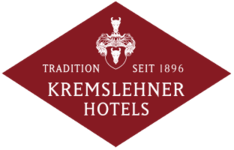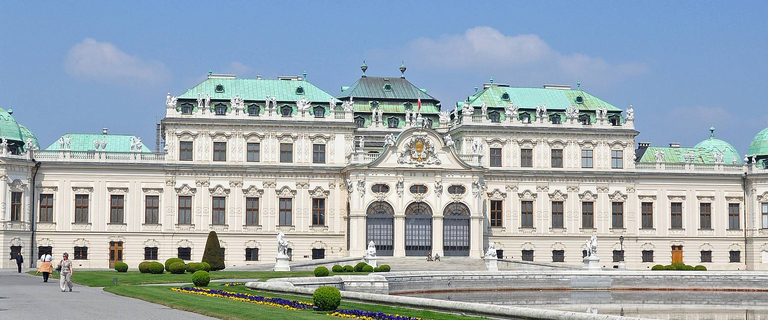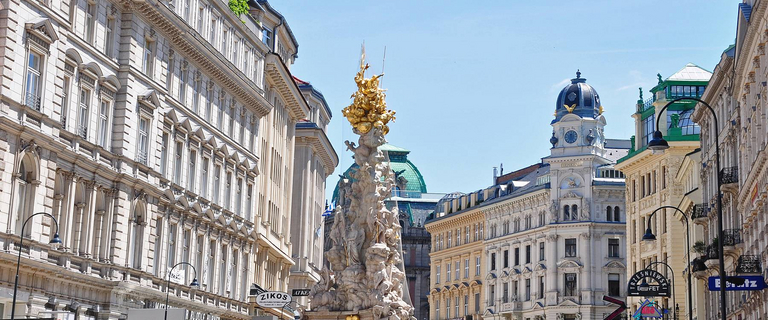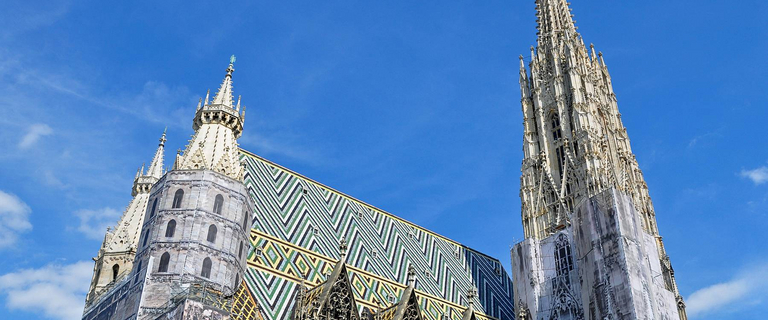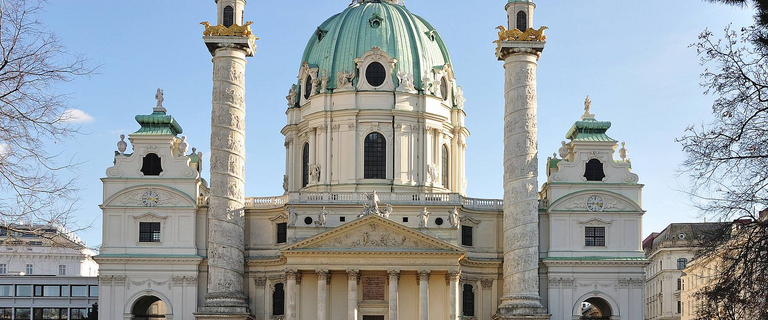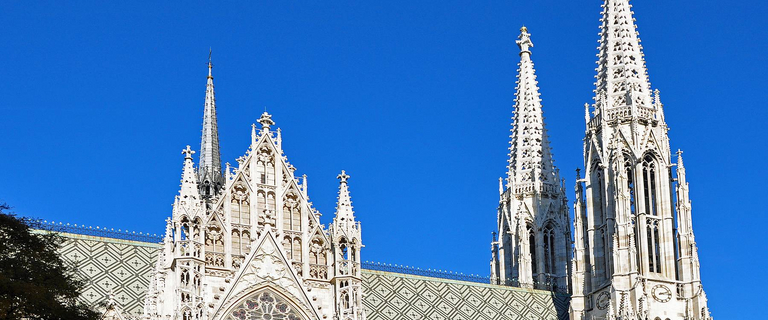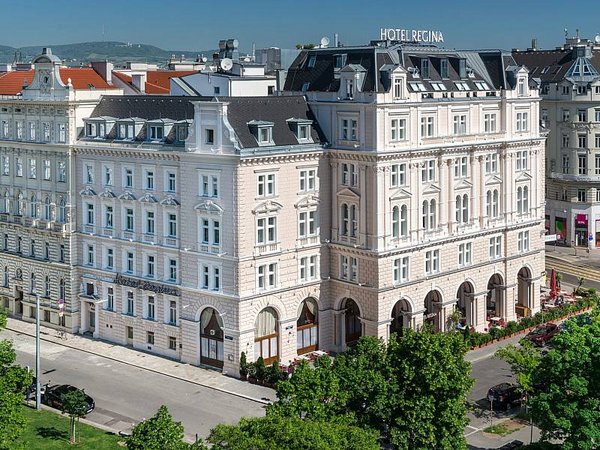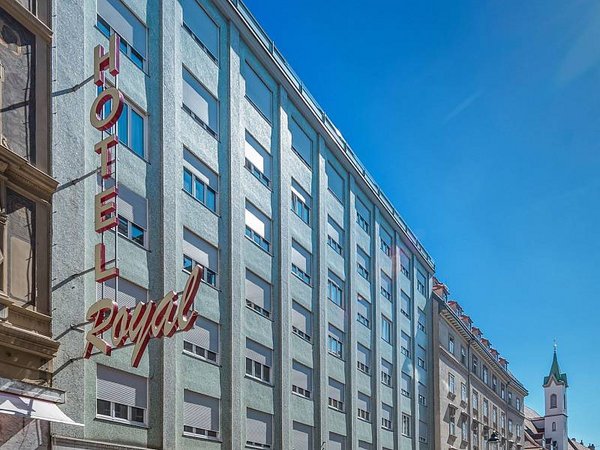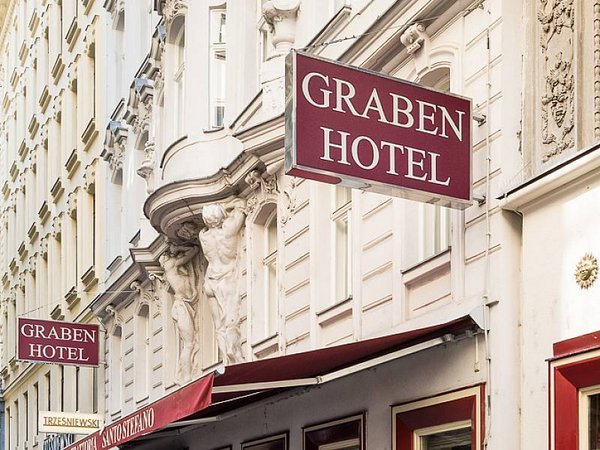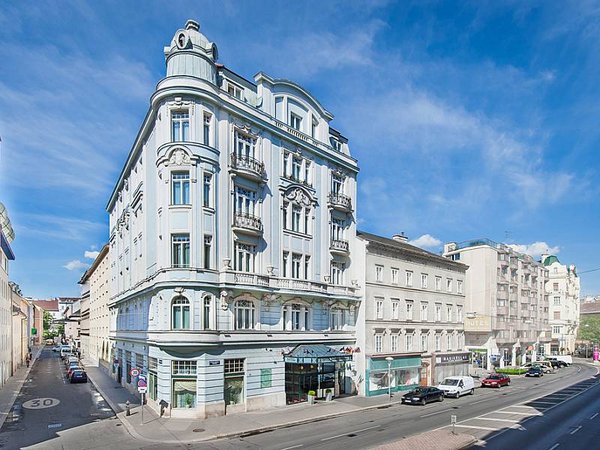CHRONICLE
HOTEL REGINA
In the early 1890s, Georg Kremslehner came to Vienna and started working as a waiter in the beer hall “Alt-Pilsenetzer Bierhalle”.
There he met Christine, who worked there as chef and who became his wife later. Together they leased the “Alt-Pilsenetzer Bierhalle” and married the same year.
Georg Kremslehner got the hotel concession in 1907, bought the building at Rooseveltplatz 15 and adapted it floor by floor into a hotel.
Step by step, he transformed the residential building complex into an elegant city hotel, maintaining the beer hall until the 1920s.
After Georg Kremslehner’s death in the 1930s, his youngest son Rudolf took over the management of the Kremslehner Hotels.
After World War II., the Hotel Regina served as the head quarter for the Americans during the occupation until 1952. Afterwards, the hotel was completely renovated and expanded to the house close-by.
Since 1976 Dr. Peter Kremslehner, a passionate opera fan, is managing all Kremslehner Hotels.
HOTEL ROYAL
The foundation wall of the Hotel Royal derives from the 1st Millennium. In 1379, Oswald Chunter bought the house for 80 pounds. Around 1566, the hotel appeared in the chronicle as a pilgrim hostel under the name “Gasthof zum Roten Apfel” and was honoured by the Emperor Franz Josef I in 1709 with the emperor’s letter and the official seal. The original certificate has been preserved until today.
In 1784, Vienna’s first menu, the “Kuchlzettel”, was introduced and proposed to the guests by the innkeeper at that time, Josef Merina. In the same house, Antonio Salieri inaugurated the Singing School “Society for Lover of Music” on 7th October 1817. Also, a music store was operated by S.A. Steiner, which was visited several times a week by Ludwig van Beethoven. After the collapse of the neighbour’s house in 1882, the architect A.
Wilemann rebuilt the house as a hotel “Zum goldenen Becher”, which was acquired by the Kremslehner Family in 1931 and which has been in family property for four generations.
During the Second World War, the hotel burnt down to its foundation walls, as well as the St. Stephan’s Cathedral next door. The hotel was re-erected between 1955 and 1959; it reopened on 20th May 1960.
Hotel Royal now houses the two Italian Restaurants „Ristorante Firenze Enoteca“ and the „Ristorante Settimo Cielo“ and it was constantly renovated during the last few years to meet our guest’s elaborate taste.
GRABEN HOTEL
At the end of the 18th century the house was known under the name “Einkehrgasthof zum Goldenen Jägerhorn”. The convenient location and the set carriage station to Hietzing next to the entrance guaranteed regular walk-in costumers. From the annals we know that dozens of underprivileged people were fed for free every day and that after a flood disaster several hundred of homeless were accommodated.
In the Biedermeier period, the “Goldene Jägerhorn” was a kind of agency for national singers, who met every evening. Among them was a court council of the court chamber archive, better known as the poet Franz Grillparzer.
In 1913 the Graben Hotel was planned and built by the architect Stephan to today’s appearance. From 1913 to 1919 the hotel was a popular meeting point for the literary scene; amongst others Peter Altenberg, Franz Kafka and Max Brod were regular guests.
Being a bachelor his whole life, Peter Altenberg, rented a permanent room until his death. On many of his letters only the new name of the “Goldene Jägerhorn” with the address: “Vienna I, Graben Hotel” could be found. When the Kremslehner Family took over the management of the Hotel in 1927, one of the meeting rooms was renamed „Café-Restaurant Altenberg“, to honour this man of letter.
Today, the Graben Hotel accommodates the „Salon Altenberg“, which is used as a private function room, as well as the „Trattoria Santo Stefano“, a very popular pizzeria.
HOTEL JOHANN STRAUSS
The building, which today houses the Hotel Johann Strauss, was built at the end of the 19th century and used to accommodate higher middle-class appartments. At the beginning of the 20th century the ground floor was used as a cinema. The Johann Strauss Cinema in the Favoritenstrasse 12 existed from 1912 to 1968 under its original name „Maxim Bio“.
In 1961, the pension „Erika“ was taken over by the previous owning family and was later established as Clima Dependence, today’s Hotel Johann Strauss.
A few years later, the whole house was bought and step by step transformed into hotel rooms. The name changed into Clima Hotel Johann Strauss.
The former cinema hall was changed into the hotel lobby. Back then, the hotel already comprised 29 rooms; a few apartments were still privately occupied. In 1985 the last apartments were shut down and the whole building was transformed into a hotel, until today including a total of 64 rooms.
Adjacent to the hotel was the „Johann Strauss Theatre“, where Johann Strauss performed his concerts. The hotel was named after the famous composer Johann Strauss, whose son lived in the 4th district.
